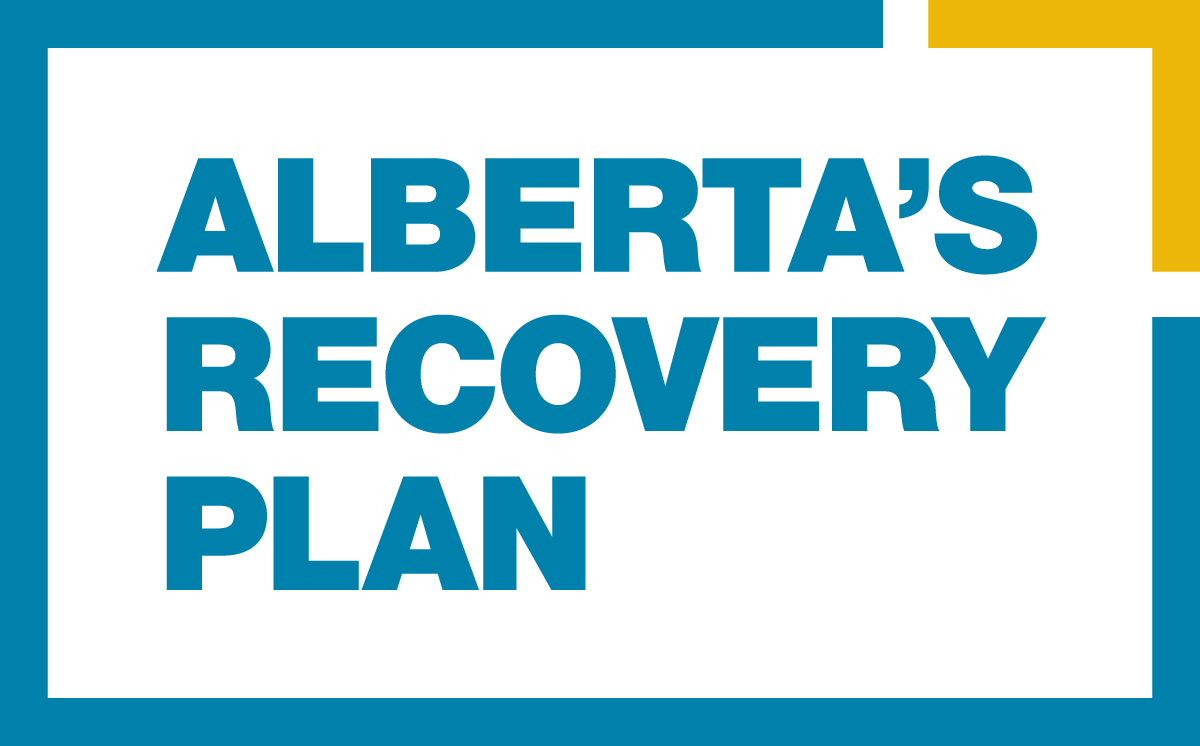This funding is part of the province’s commitment of $750 million for job-creating emissions reduction programs through the TIER fund, which will directly support almost 9,000 jobs when matching investments are included, and inject $1.9 billion into Alberta’s economy.
Alberta’s government will provide $10 million from the TIER fund through Emissions Reduction Alberta to build a $45-million clean energy and organic fertilizer facility in Lacombe. The Lacombe Biorefinery will support up to 80 construction jobs and about 25 full-time jobs in Lacombe and Calgary. The facility will also cut about 40,000 tonnes of emissions each year – the same as taking about 8,500 cars off the road.
“The Lacombe Biorefinery is a leading-edge example of Alberta innovation in action. The province is fast becoming a hub for projects that process waste while creating more value for key industries like livestock and farming, and substantially reduce emissions. The Biorefinery is one of many projects Alberta’s government is supporting through the industry-funded TIER program that cement our commitment to diversification while creating good jobs when Albertans need them most. The commercialization of technologies like BioRefinex will support further job creation in the province in years to come.”
The new facility will have economic and environmental benefits for the Lacombe area. BioRefinex technology has the potential to help agriculture industries in Alberta, and across Canada, save millions of dollars by cutting the disposal costs for animal and plant waste.
“On behalf of the City of Lacombe. I want to thank the Government of Alberta for this investment in our local economy. The trust given to this agribusiness initiative will help our community continue to thrive through challenging economic times. This development is consistent with Lacombe’s long-standing leadership in farming and agriculture innovation. Additionally, I must thank the BioRefinex team for their ingenuity and commitment to creating a solution, addressing some of the environmental issues facing our world.”
The Lacombe Biorefinery will be the first facility in the world to showcase the full application of a technology called BioRefinex thermal hydrolysis. This innovative, Alberta-made technology uses high heat, high pressure and water to turn animal and plant waste from agriculture and food processing into organic fertilizer and renewable natural gas. The fertilizer will be available to customers in Alberta and the renewable natural gas will go into the local distribution system. The facility will have the capacity to generate enough renewable natural gas to heat more than 1,000 homes each year.
“We thank the province and Emissions Reduction Alberta for their leadership and support in helping make this important project become a reality. The City of Lacombe and the central Alberta region is a great place to demonstrate innovation and total sustainable solutions in agriculture. We are excited to move this project forward, working with dairy farmers, livestock producers, feedlots, meat packing plants, and other food processors to show an entirely new way of transforming organic waste materials into valuable products.”
“The BioRefinex project will bring significant economic, environmental and social benefits to Alberta through waste reduction, energy generation and advanced technology application. By helping bring industry and innovators together, we can leverage the significant investment required to scale up and deploy the agricultural technologies of the future.”
Enbridge Gas is matching provincial funding with $10 million for the renewable natural gas part of the new facility, supporting Alberta’s work to reduce emissions and stimulate regional economic development.
“Enbridge Gas is proud to be a partner in shaping Alberta’s economic and energy future, including through our $10 million investment in the development of renewable natural gas at the Lacombe Biorefinery. This is just one way Enbridge Gas is investing in clean energy solutions that improve energy efficiency and lower emissions in Alberta, and across Canada.”
TIER funding
The TIER system is funded by large industry which pay into the fund when they do not meet emissions targets. This support will help industry reduce emissions and assist with Alberta’s recovery from the COVID-19 pandemic and low oil prices. It will be more than doubled by additional dollars from industry and other sectors, leading to more than $1.9 billion in total funding.
Alberta’s Recovery Plan is a bold, ambitious long-term strategy to build, diversify, and create tens of thousands of jobs now. By building schools, roads and other core infrastructure we are benefiting our communities. By diversifying our economy and attracting investment with Canada’s most competitive tax environment, we are putting Alberta on a path for a generation of growth. Alberta came together to save lives by flattening the curve and now we must do the same to save livelihoods, grow and thrive.
Quick facts
- TIER helps industrial facilities, which account for more than 65 per cent of Alberta’s total emissions, find innovative ways to reduce emissions and invest in clean technology to save money and stay competitive.
- Industries can pay into a TIER fund as a compliance option under the TIER regulation. The TIER fund is being reinvested into programs that will bring investment to Alberta and continue to build on Alberta’s strong record on environmental, social and governance matters.
- Emissions Reduction Alberta invests revenues from TIER to accelerate the development and adoption of innovative clean technology solutions.
- Since 2009, Emissions Reduction Alberta has committed $611 million toward 185 projects worth $4.4 billion that are reducing emissions, creating competitive industries and leading to new business opportunities in Alberta. These projects are estimated to deliver cumulative reductions of 34.7 million tonnes by 2030.
